In the rapidly evolving landscape of finance, XRP emerges as a pivotal player, bridging the gap between traditional finance and blockchain technology. As financial institutions seek innovative solutions to streamline operations and enhance global connectivity, XRP, the digital currency developed by Ripple, offers compelling use cases that resonate across the financial sector. Its ability to facilitate cross-border payments with remarkable efficiency and speed positions XRP as a transformative force in cryptocurrency in finance.
With a growing number of partnerships between XRP and banks, it is evident that financial institutions recognize the potential of integrating RippleNet’s blockchain solutions for seamless transactions. This collaboration not only enhances liquidity but also fosters financial inclusion, offering a glimpse into a future where fintech and blockchain coexist harmoniously. XRP adoption is gaining momentum as financial markets explore the versatility of digital currency in finance, leveraging its capabilities to optimize operations and minimize costs.
As we delve deeper into XRP’s role in traditional markets, its impact on financial institutions becomes increasingly apparent. By providing an alternative to conventional banking systems, XRP is setting the stage for a new era of efficiency and transparency in financial technology. Through strategic XRP partnerships with banks and ongoing developments in XRP liquidity, Ripple and XRP are charting a path toward comprehensive integration.
The exploration of XRP's transformative potential in bridging finance with blockchain invites us to consider the broader implications for the industry, paving the way for an engaging discussion on how this digital asset is reshaping the financial world.
In the dynamic world of financial technology, XRP stands out as a catalyst, effectively merging the realms of traditional finance with the innovative wave of blockchain technology. As we explore the tangible impacts of XRP and RippleNet on the financial landscape, it becomes evident that this digital currency is reshaping financial paradigms by offering efficient, cost-effective, and transparent solutions for cross-border transactions.
XRP's Role in Bridging Traditional Finance and Blockchain Technology
XRP's primary appeal lies in its ability to facilitate rapid cross-border payments, a crucial aspect in today's globalized economy. Traditional banking systems often grapple with prolonged transaction times and hefty fees, challenges that XRP is uniquely equipped to overcome. For instance, a recent study highlighted that utilizing XRP for cross-border payments can reduce transaction costs by up to 60% compared to conventional methods (source).
Furthermore, RippleNet, the blockchain technology platform developed by Ripple, enhances this efficiency by ensuring secure and swift transactions. As banks integrate RippleNet into their systems, they're witnessing substantial improvements in liquidity management and operational efficiency. These advancements not only benefit financial institutions but also contribute to the broader goal of financial inclusion.
The increasing number of XRP partnerships with banks worldwide serves as a testament to its growing influence in traditional finance. A noteworthy example is the collaboration between Ripple and Santander Bank. This partnership has led to the development of One Pay FX, a service that allows customers to make same-day international transfers, drastically improving customer experience and operational efficiency (source).
Another significant partnership involves Ripple and American Express, aiming to streamline cross-border payments for corporate clients. This collaboration underscores the versatility of XRP use cases, demonstrating its potential to cater to diverse financial needs across different sectors (source).
Advancing Financial Inclusion through XRP
One of the most compelling aspects of XRP's integration into traditional markets is its potential to foster financial inclusion. By lowering transaction costs and increasing access to banking services, XRP enables underserved populations to participate more actively in the global economy. A recent report from the World Bank emphasizes how digital currencies like XRP can bridge gaps in financial services, offering new opportunities for growth in developing regions (source).
By embracing blockchain solutions for banks, institutions can extend their reach to remote areas with limited banking infrastructure. This is particularly impactful in regions where traditional banking has failed to establish a foothold, thus empowering individuals and small businesses alike.
While the adoption of XRP presents numerous benefits, it is not without challenges. Regulatory scrutiny remains a significant hurdle, as governments worldwide grapple with creating frameworks that balance innovation with consumer protection. In response, Ripple has been proactive in engaging with regulators to foster a collaborative approach toward integrating blockchain technology into the financial system (source).
Despite these challenges, the opportunities presented by XRP adoption are vast. Financial institutions are increasingly recognizing the value of digital currency in finance for optimizing operations and enhancing customer experiences. As more banks join the RippleNet network, we can expect a gradual yet steady transformation in how cross-border transactions are conducted.
The concept of liquidity plays a crucial role in the banking sector, and XRP's ability to offer on-demand liquidity is a game-changer. This feature allows banks to execute transactions without pre-funding accounts in foreign currencies, significantly reducing operational costs and freeing up capital for other investments.
A recent case study involving a South Korean bank showcased how utilizing XRP liquidity led to a 30% reduction in transaction times and a 40% decrease in associated costs (source). Such results highlight the transformative potential of XRP in traditional markets and underscore its relevance as a tool for modernizing financial technology.
As we look toward the future, it's clear that fintech and blockchain will continue to evolve hand-in-hand, with XRP at the forefront of this transformation. The digital currency's adaptability and proven efficacy make it an indispensable asset for financial institutions aiming to remain competitive in a rapidly changing landscape.
The ongoing exploration of XRP's role invites further discussion on how blockchain solutions can be integrated into existing financial frameworks. What new innovations might emerge as more institutions embrace this technology? How will regulatory developments shape the future of digital currency in finance?
These questions highlight the exciting journey ahead for XRP and its continued influence on bridging finance with blockchain. As we navigate this evolving terrain, one thing remains certain: XRP is poised to play a pivotal role in defining the next era of financial technology.
In conclusion, XRP is undeniably shaping the future of financial technology by bridging traditional finance with the innovative potential of blockchain. As highlighted:
- Efficiency in Cross-Border Payments: XRP significantly reduces transaction times and costs, making it a preferred choice for global payments.
- Strategic Partnerships: Collaborations with major banks like Santander and American Express showcase XRP's versatility in enhancing financial services.
- Financial Inclusion: XRP offers promising solutions for extending banking services to underserved regions, fostering economic growth.
- Regulatory Engagement: While facing regulatory challenges, Ripple is actively working with authorities to integrate blockchain responsibly.
- Liquidity Solutions: XRP's on-demand liquidity feature offers cost-effective transaction processes, proving beneficial for banks worldwide.
As we witness the ongoing evolution of fintech, XRP continues to play a pivotal role. Its adaptability not only enhances current financial systems but also sets the stage for future innovations. The digital currency's journey presents both opportunities and challenges that invite further exploration and dialogue.
I encourage you to reflect on XRP's impact and consider how blockchain might reshape your interactions with financial services. What are your thoughts on XRP's role in transforming finance? Share your insights and join the conversation as we navigate this exciting frontier together.
Stay curious and keep exploring the world of blockchain and fintech!


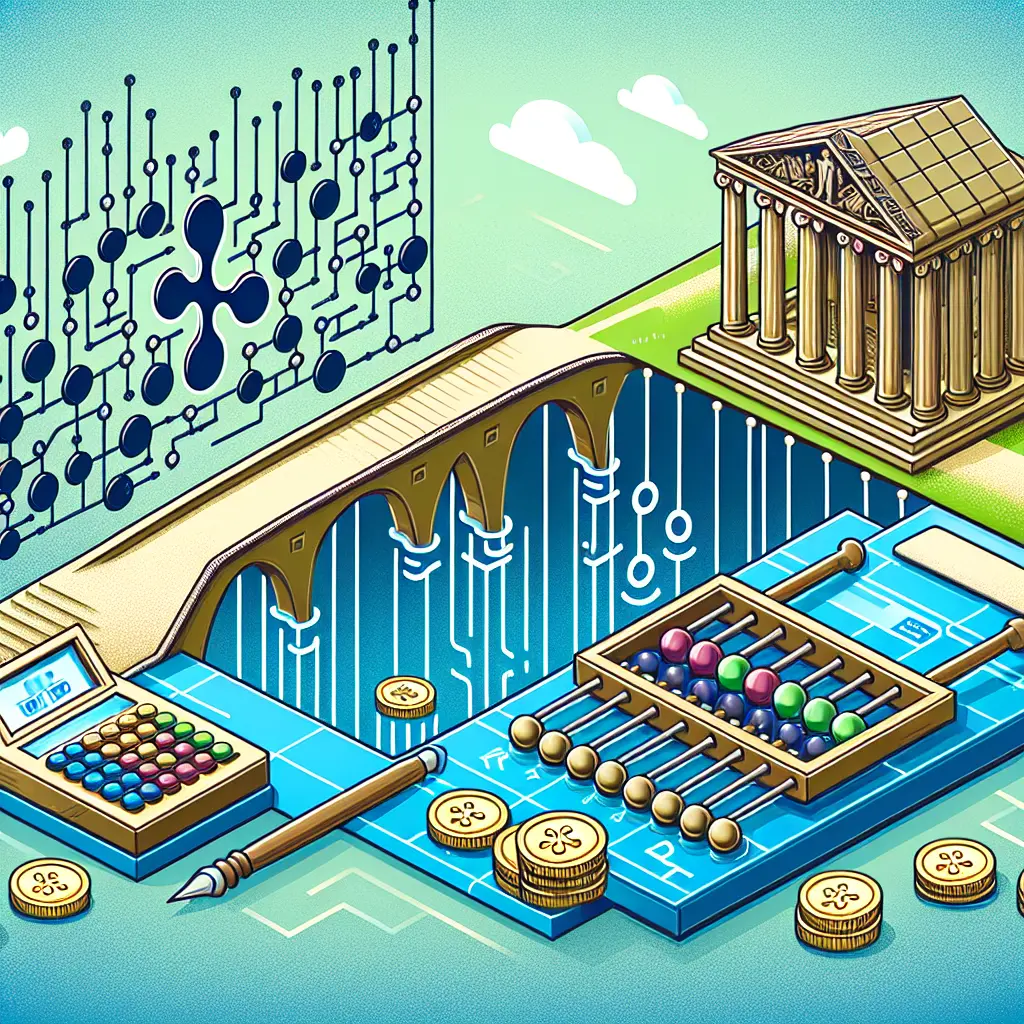

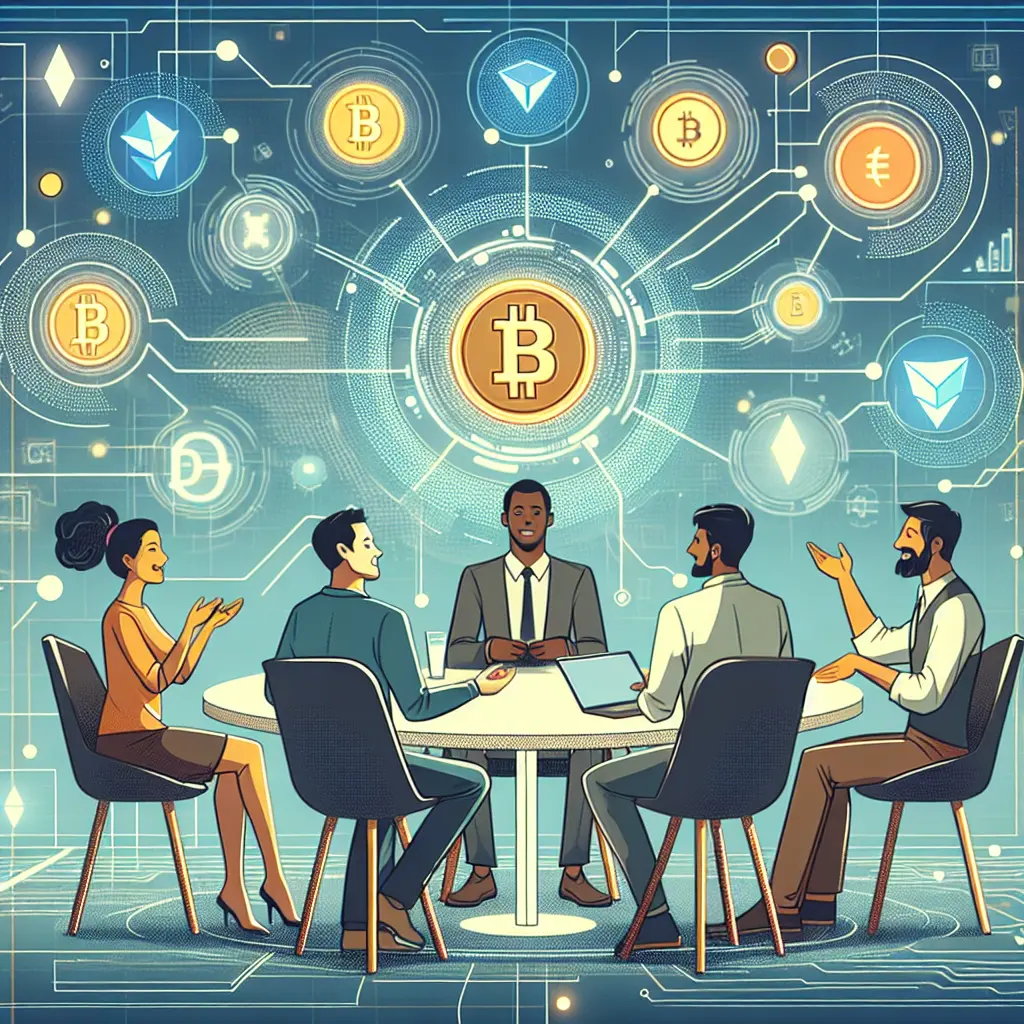
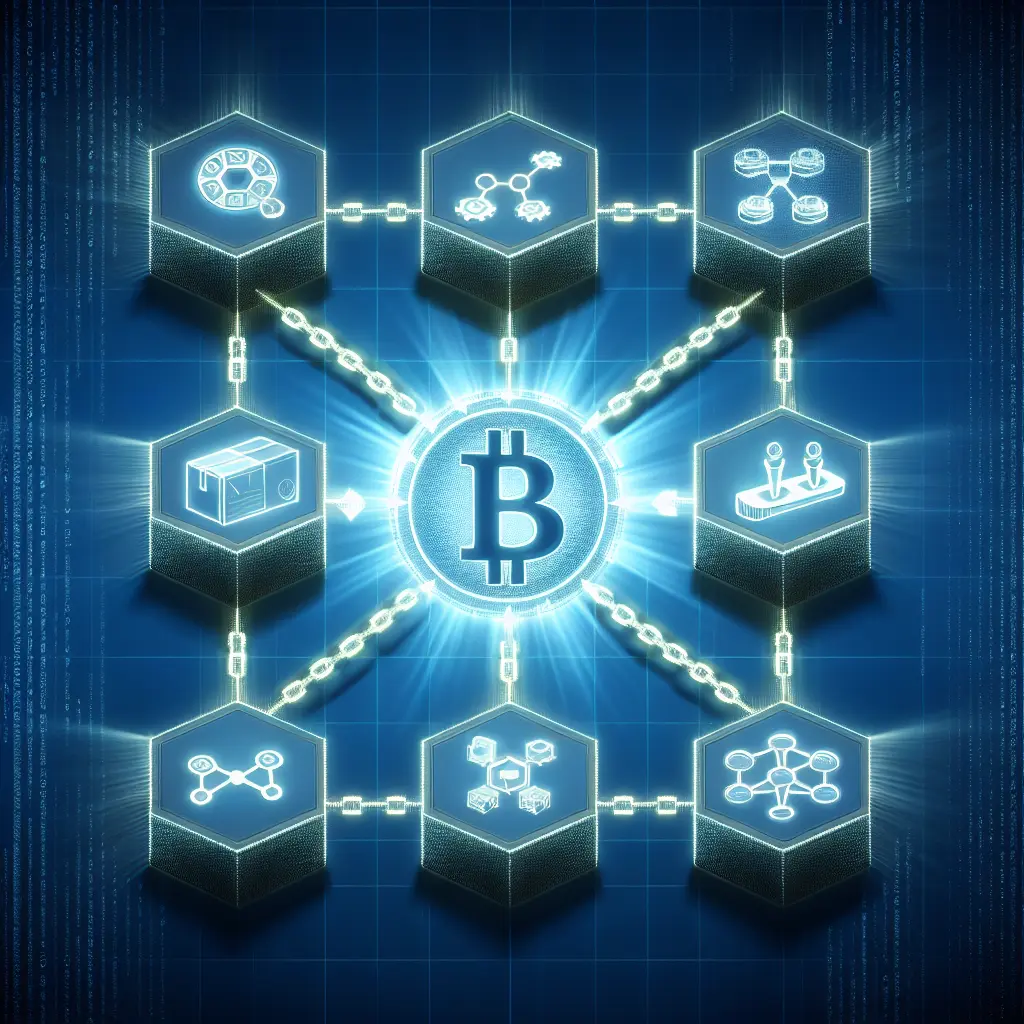


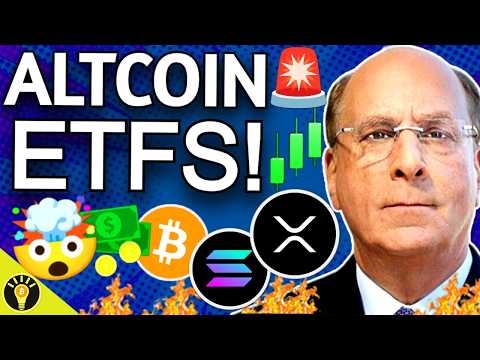
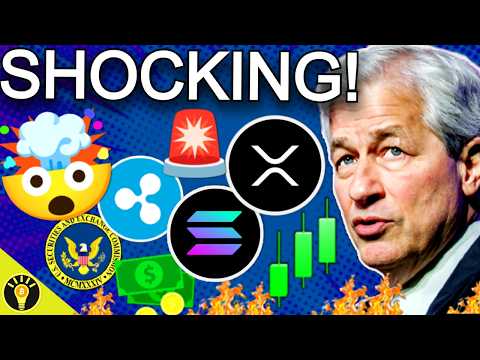
Leave a Comment